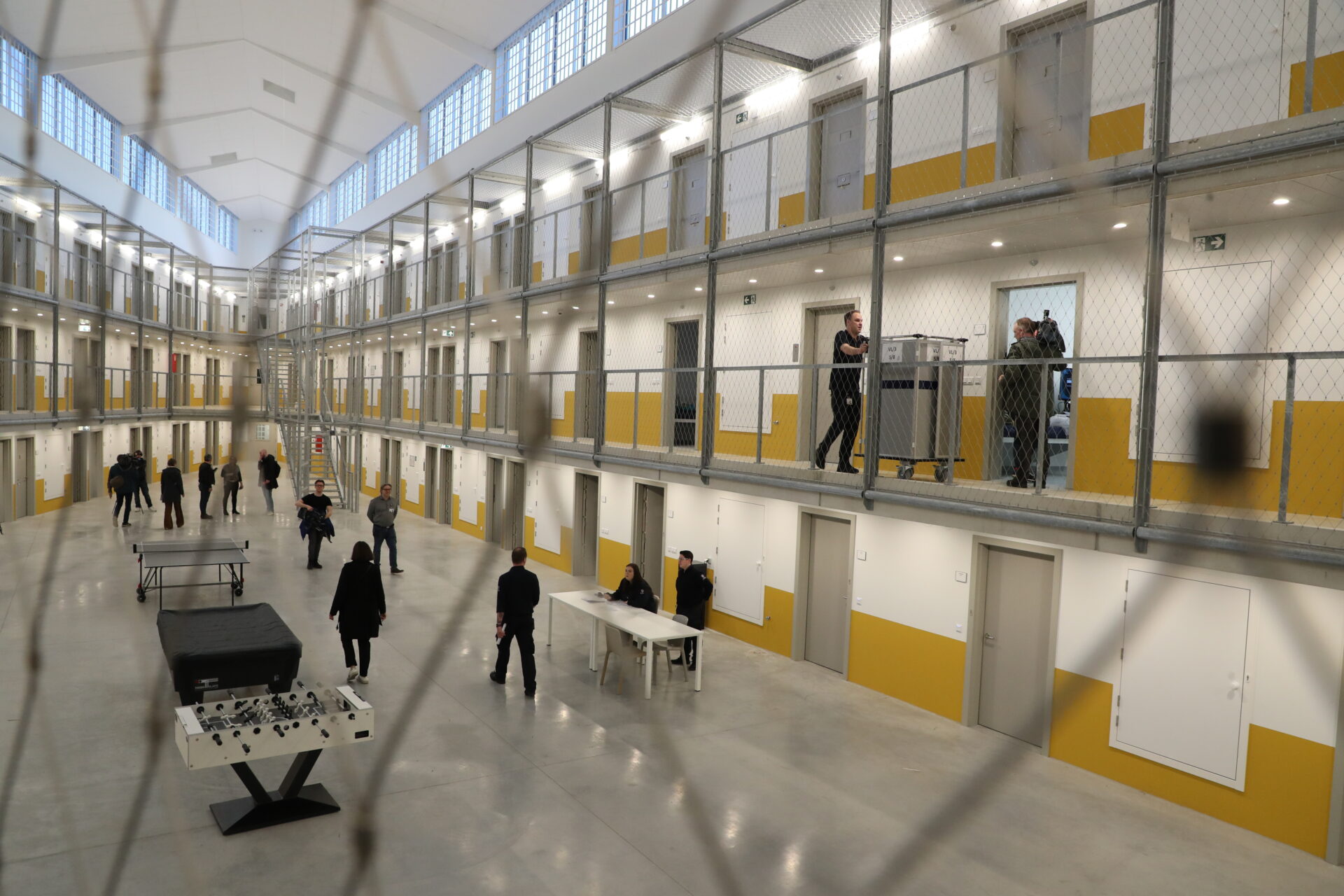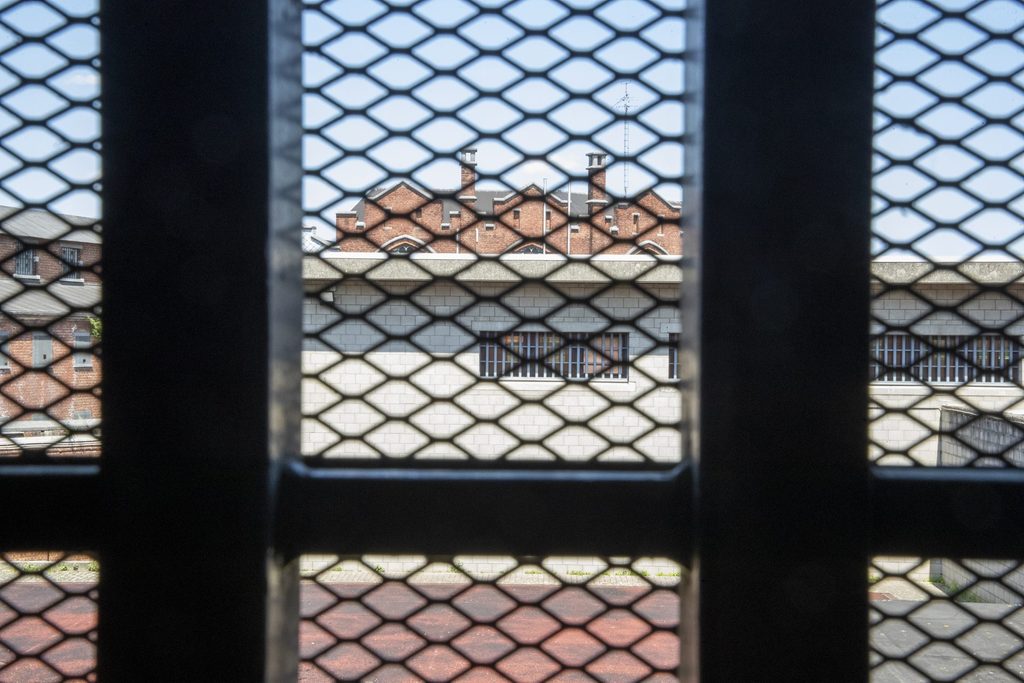The Council of Ministers finally has agreed on a new penal code to replace the current version dating back to 1867. Once approved, a "points system" will be taken into account when delivering punishments.
Under the current 156-year-old system, every crime has its own punishment, making it a "hopelessly outdated and enormously complex" system according to Federal Justice Minister Vincent Van Quickenborne, who prepared the newest draft of the Penal Code.
The key focal points are imprisonment as a last resort – the current version focuses too much on retribution and too little on rehabilitation – as well as new and tougher offences and penalties for certain crimes, and most importantly, a simpler structure.
The new criminal code works with eight levels of punishment: depending on the crimes a person has committed, the offender will end up in a separate category. The more "points" someone scores for the crime they committed, the higher the category someone ends up in, and the judge will therefore be able to impose a harsher sentence.
What are the various levels and punishments?
Level 1 includes the lightest offences such as minor forms of vandalism, libel, slander or violation of letter secrecy. For offences falling under level 1, prison sentences are no longer possible, mainly in a bid to curb Belgium's chronic prison overcrowding. Instead, other punitive measures such as community service, a fine, probation, forfeiture and electronic surveillance, among others, will be implemented.
"In the old system, imprisonment for any crime is the starting point. While science has since established that a prison sentence is not always the best solution," Van Quickenborne explained.

Credit: Belga / Nicolas Maeterlinck
Level 2 includes offences such as discrimination, housebreaking, habitual theft, housebreaking and breach of the secrecy of the investigation or forgery. A prison sentence of up to three years may be delivered for these crimes, but a judge must always justify why another form of punishment is not possible.
Only for crimes from level 3, from theft by force, extortion and money laundering to level 8 – murder, intrafamily manslaughter, manslaughter committed from a discriminatory motive, genocide and crimes against humanity – can imprisonment be the standard.
Aggravating circumstances, such as committing a crime where a victim is a minor, where there are injuries or deaths or where the victim is in a vulnerable condition, will put people in a higher category. The discriminatory motive is also provided as a possible aggravating circumstance for each offence.
21st-century Penal Code
Terrorism and violence against police officers, emergency workers, train conductors and bus drivers, all of whom have faced an increasing number of attacks, will also be punished much more severely. Incitement to suicide, either psychological or by providing material, will also become punishable.
"The aim is to align criminal law with contemporary standards. With the old criminal code, crimes against property could until now be punished more severely than crimes against persons. As a result, a thief who stole a mobile phone and raped his victim could be punished more severely for the mobile phone than for the rape," Van Quickenborne noted.
Related News
- Egg-ceptional crime: British man jailed for stealing 200,000 Easter eggs
- 51 years in prison sentences for five members of 'hockey stick gang'
In line with bringing the Penal Code into the 21st century, crimes that seem absurd today will also no longer be included, such as "giving a title of nobility to someone who has no right to it" or "cheating in the selection of samples of coins to determine weights of gold, silver and other precious metals."
The council of ministers has already approved Van Quickenborne's bill, which will be voted on in parliament in the autumn. The new Penal Code will enter into force two years after parliamentary approval.

